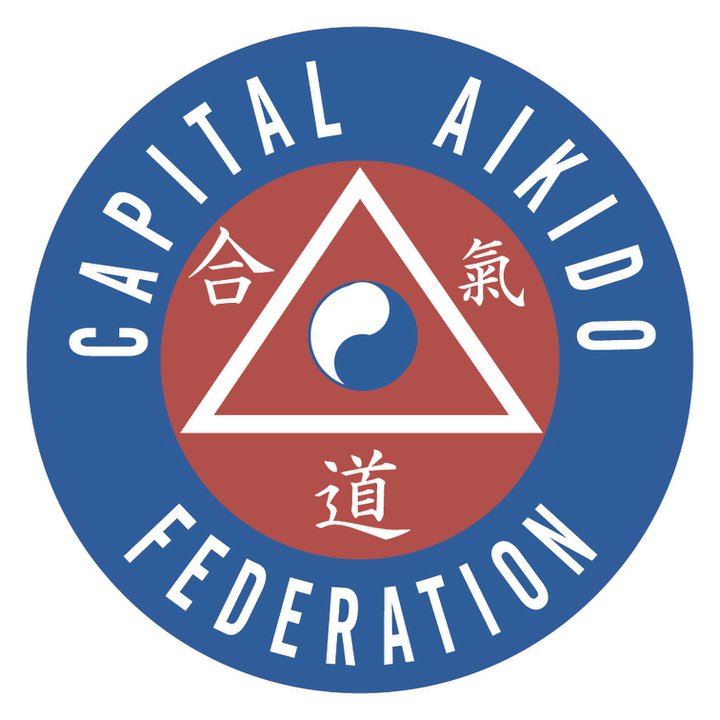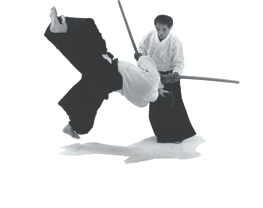Capital Aikido Federation
The Capital Aikido Federation is an independent association of aikido dojos. Our home dojo is Capital Aikikai, just outside of Washington, DC. Our technical director and founder is Clyde Takeguchi Shihan. CAF ranks are recognized by Aikikai Hombu Dojo and the International Aikido Federation.
The Capital Aikido Federation was formed in April 2009, with Capital Aikikai as it's founding member dojo. Our shihan is Clyde Takeguchi Sensei, 8th dan and founder of Capital Aikikai. Takeguchi shihan began aikido practice in 1958 in his native Hawaii, on the island of Hawaii.
Our member dojos are a diverse group, from across the United States.
CAF ranks are recognized by Aikikai Hombu dojo and the International Aikido Federation.

